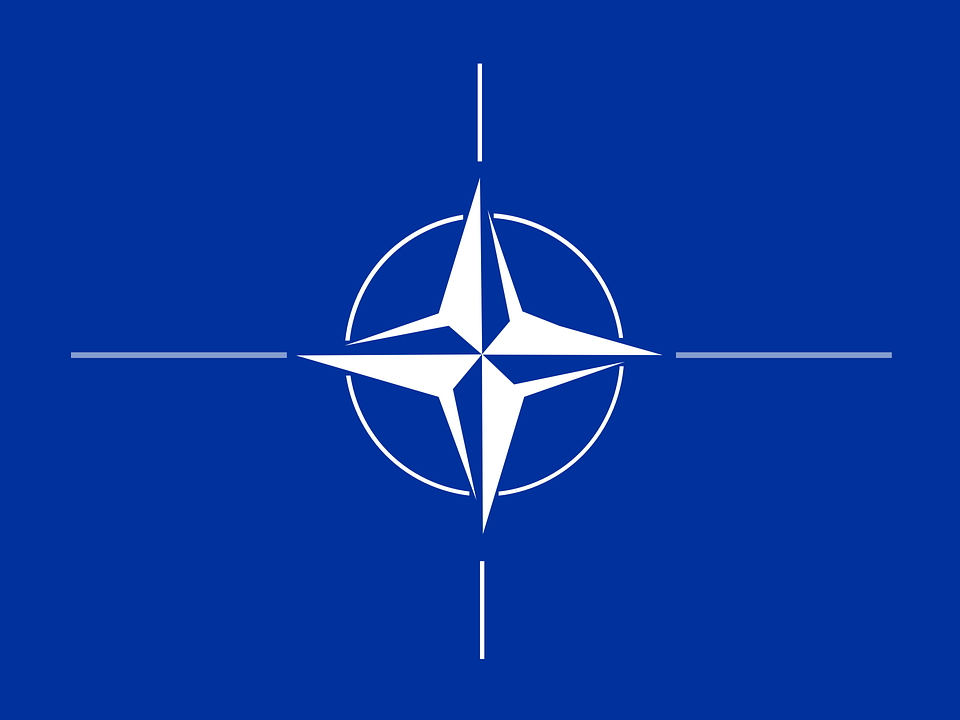NATO is escalating its military presence in the Baltic Sea following the suspected sabotage of an undersea power cable linking Finland and Estonia. This move comes in the wake of a series of incidents involving damage to key infrastructure in the region, sparking concerns over the security of vital undersea cables and pipelines.
The Seizure of the Eagle S
On Thursday, Finnish authorities seized the vessel Eagle S, a ship flagged in the Cook Islands, in connection with the damage to the Estlink-2 power cable. The cable, which runs beneath the Baltic Sea, is crucial for transmitting electricity between Finland and Estonia. Investigators suspect that the ship’s anchor caused the disruption. The Eagle S, though registered in the Cook Islands, is reportedly part of Russia’s “shadow fleet”—a network of tankers involved in circumventing international sanctions on Russian oil and gas. These vessels often lack proper insurance and pose environmental risks due to their age and unregulated status.
NATO Secretary-General Mark Rutte confirmed the alliance’s heightened vigilance in the region, following a discussion with Finland’s President Alexander Stubb. NATO is committed to bolstering its military presence to ensure the security of critical infrastructure in the Baltic Sea. While Rutte did not provide specific details, NATO has already made significant efforts to enhance surveillance in the area, including deploying maritime patrols and reconnaissance assets.
Ongoing Security Concerns in the Baltic
The damage to the Estlink-2 cable is just the latest in a series of incidents that have raised alarms about the vulnerability of undersea infrastructure in the Baltic Sea. Since 2022, there have been multiple instances of apparent sabotage targeting undersea cables and pipelines. In November 2023, two data cables were severed—one between Finland and Germany, and the other between Lithuania and Sweden. Germany’s defense minister has stated that sabotage is suspected in these cases, although no conclusive evidence has been presented linking the incidents to any specific group or nation.
In September 2022, the Nord Stream pipelines, which once carried natural gas from Russia to Germany, were also damaged in underwater explosions. This attack was widely acknowledged as sabotage, prompting ongoing investigations by authorities.
In response to these threats, NATO had already increased its presence around undersea infrastructure, particularly after the Nord Stream attack. The alliance has set up a coordination cell to improve cooperation between member governments, armed forces, and the defense industry to protect these critical assets.
NATO’s Enhanced Presence and Future Measures
In light of the escalating incidents, NATO is expected to take further steps to safeguard undersea cables and pipelines. The alliance has already deployed more surveillance resources, including maritime patrol aircraft and long-range radar planes, as well as drones for reconnaissance flights. Additionally, a fleet of minehunters has been stationed in the region to detect and neutralize potential threats.
NATO’s response is also expected to include more rigorous checks of vessels operating in the Baltic Sea. In particular, there is talk of inspecting insurance certificates of ships in the area to ensure compliance with international maritime laws. Finland and Estonia have requested additional NATO assistance, and both countries are working closely with the alliance to address the growing threat.
Finland, which shares a 1,340-kilometer border with Russia, joined NATO in 2023, marking a shift away from its longstanding policy of military neutrality in response to Russia’s invasion of Ukraine. Finland’s heightened security concerns are reflected in the ongoing investigation into the cable sabotage and the country’s request for further NATO support.
The Strategic Importance of the Baltic
The Baltic Sea is home to a complex network of undersea cables and pipelines that are vital for the region’s energy and communication infrastructure. Any disruption to these systems can have significant economic and security implications. NATO’s increased patrols come as part of a broader effort to protect these vital lines of communication and energy supply, as well as to deter potential adversaries from targeting them.
The continued incidents in the Baltic underscore the vulnerabilities of modern infrastructure in international waters. As global tensions rise, the protection of such infrastructure has become a priority for NATO and its allies, with the alliance reinforcing its commitment to maintaining stability in the region.
NATO’s efforts to secure the Baltic Sea will likely continue to evolve, as the region remains on high alert for further acts of sabotage and disruptions to critical infrastructure.



